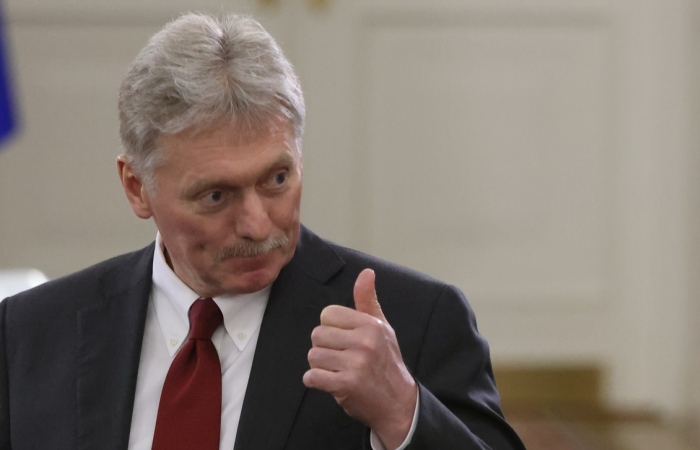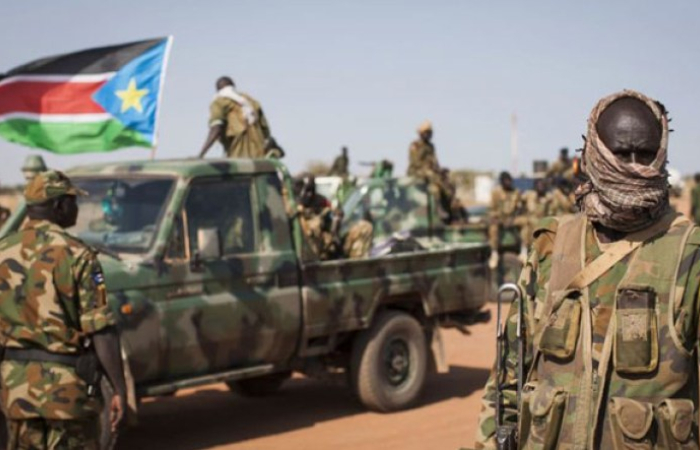Yerevan, February 11. ArmInfo.
"In the conflict zone stretching from Syria to Afghanistan lies another war waiting to re-emerge: Nagorno-Karabakh. This dispute is likely to occupy President Obama's new foreign-policy team whether they want it or not," wrote E. Wayne Merry in an item "Another Regional War in the Wings" in The National Interest Magazine.
"...Since then, a mediation effort led by Washington, Moscow and Paris has sought a solution. Despite the best efforts of the three governments-including presidential initiatives by all three-the parties to the conflict do not and will not negotiate. This impasse has contributed to a dangerous evolution of the dispute in recent years from post-war to pre-war. A major arms race is underway, fueled by Azerbaijan's oil and gas wealth and by Armenia's support from Russia. Azerbaijan is acquiring a distinct advantage in military technology and firepower, but Armenia retains major advantages of terrain and operational skill.
Azerbaijan has a patron in Turkey, which feels a fraternal commitment, but Armenia has a treaty-based security alliance and historical partnership with Russia.
A new war would likely be pyrrhic for both sides, but also dwarf the first war in scale and destruction. The initial conflict was limited to Karabakh and its surroundings, and was largely an infantry fight. The next war will engage Armenia and Azerbaijan against each other directly, with greatly expanded arsenals. Both sides plan on this basis and both threaten to target civilian infrastructure, such as pipelines. Serious ceasefire violations have recently occurred on their joint border, not just around Karabakh. The broader danger lies in the patron-client relationships of the regional great powers, Russia with Armenia and Turkey with Azerbaijan.
Ankara and Moscow would not actually come to blows in a new Karabakh war, but both can be dragged into dangerous circumstances by their clients. The Azerbaijani tail has already wagged the Turkish dog to prevent normalizing relations between Ankara and Yerevan. For the time being, Iran plays a marginal political role, but provides vital energy and trade links to Armenia. However, Tehran's relations with Baku are poisonous and, in a new Karabakh war, Iran might seek to settle accounts.
The missing element in the diplomatic equation is Turkey, which needs to play a political role comparable to Russia. Only Moscow and Ankara working together can restrain their clients from renewed war and compel them to real negotiations.
"Ankara and Moscow have differing priorities on Karabakh, but they share broadly similar views on Black Sea, Caucasian and Caspian issues. They both want to avoid a war between Armenia and Azerbaijan while not allowing their clients to compromise their own wider interests:American diplomats have tried to be evenhanded toward Armenia and Azerbaijan, but U.S. influence on this conflict is, candidly, inadequate.
Thus, Washington should encourage a more active Turkish role and welcome collaboration by Russia and Turkey as Caucasian peacemakers," The National Interest wrote.
ArmInfo: The National Interest: In the conflict zone stretching from Syria to Afghanistan lies another war waiting to re-emerge: Nagorno-Karabakh
ArmInfo: The National Interest: In the conflict zone stretching from Syria to Afghanistan lies another war waiting to re-emerge: Nagorno-Karabakh







